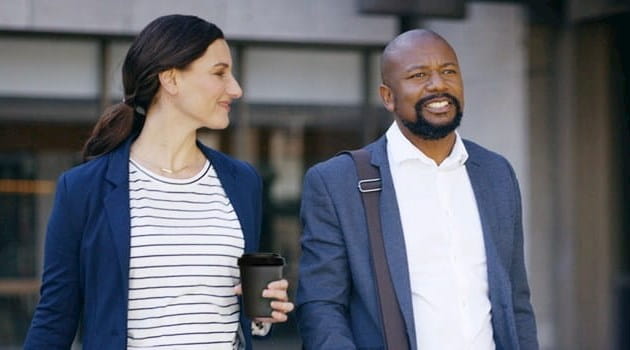Sarah Duncan, an ESG consultant and sustainability adviser to hospitality sector industry body HOSPA, says that as the sector emerges from survival mode, it needs to try and balance short-term post-pandemic business requirements with longer-term climate risks and ideally target the ‘triple bottom line’ approach – with equal focus on people, profit and planet.
Growing customer demand for more environmentally-friendly products and services is a big commercial imperative, Duncan said. At the same time and against a backdrop of an incredibly competitive recruitment market, candidates are increasingly taking the environmental credentials of employers into consideration when making job decisions. The Deloitte Global 2021 Millennial and Gen Z Survey concluded that Gen Zs are the people most likely to shun companies and employers whose actions conflict with their personal values.
“Your employees want to work for companies that stand for more than just making a stack load of cash, particularly Millennials and Generation Z. We know there’s a talent shortage and hospitality sector companies in particular are suffering. This is one way of attracting and retaining better talent,” Duncan said.
Green shoots but challenges ahead
After the most volatile trading period since benchmarking began, the PwC Hotels Forecast 2021-2022 hints at the green shoots of recovery for hoteliers, although performance is not expected to return to pre-pandemic levels until Q4 2022. However, hospitality businesses are more than twice as likely as other industries to be experiencing challenges in filling vacancies compared with normal expectations for this time of year, according to ONS data.
From a supply chain perspective too, people might stop working with you if you don’t show those commitments to the environment and society, Duncan warned. “If you’re tendering for a big event and your sustainability credentials aren’t up to scratch you could find you’ll lose out to another hotel.”
Meanwhile, the investment landscape was also evolving to consider sustainability issues, Duncan said. “A few years ago we were worried that the investment community wouldn’t get on board but it’s right up the agenda now, which means you have to show your ESG credentials to investors. And from a legislative perspective, we are likely to see more penalties for bad behaviour and more incentives for good behaviour. You add all those together and it’s almost a no brainer.”
Sustainability and culture: ‘start with the big stuff’
Duncan, the author of the Ethical Business Book, is a driving force behind a sustainability toolkit, available to all on the HOSPA website, which she says acts as a useful starting point for businesses in the sector. “Sustainability is a complex and constantly evolving area. Eventually, we hope the toolkit will allow members to share best practice and tips and things that have worked for them as well as pointing people towards general resources to help them.”
In practical terms, Duncan says the obvious starting point is to focus on opportunities to reduce your carbon footprint from an operational perspective – energy, water and waste. “Are you using a renewable energy supplier, have you conducted a water audit recently and sorted your taps and showers out, do you have a process in place for reducing waste – they’re the sort of things you need to tackle in an operational sense.”
However, those businesses that failed to address cultural issues were missing a trick, she warned. “You can tick the operational boxes but still not be a business that’s sustainable, that looks after people and the planet and has a culture of caring. That’s about training individuals so they think about what they’re doing, challenge it and ask themselves ‘can I do this in a better way?’. I see lots of businesses doing the big operational stuff but not changing the culture. The best ones embed it into the fabric of their organisation.”
While businesses may incur additional short-term costs in becoming greener, ultimately it should lead to longer-term cost savings and efficiency gains, Duncan said. For that reason, accountants had a vital role to play in performing cost-benefit analysis, forecasting and placing a number on the intangible benefits of more sustainable business practices.
Duncan’s advice to organisations grappling with the route to more sustainable business practices is not to be paralysed by fear. “Start with the big stuff – the energy, water and waste – but don’t approach it as a tick box exercise. And think about your culture - that’s all to do with education, training and embedding a sense of wanting to do this for the right reasons.”
Stay up to date with the latest news and developments in the hospitality sector by joining ICAEW’s Travel, Tourism & Hospitality Community.
COP26: acting together
Find inspiration, information and practical resources to support the goals of the UN Climate Change Conference in Glasgow and explore why it represents a critical time for the profession.



